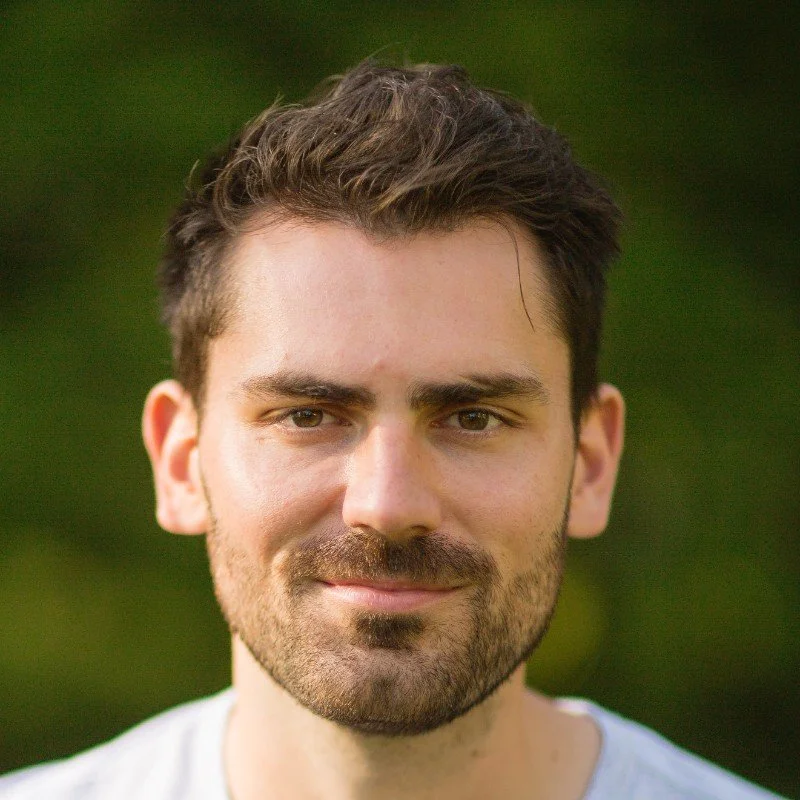Nicholas Christakis, MD, PhD, MPH, is a social scientist and physician who conducts research in the areas of biosocial science, network science and behavioral genetics. He directs the Human Nature Lab at Yale University and is the co-director of the Yale Institute for Network Science. Dr. Christakis has authored numerous books, including Blueprint: The Evolutionary Origins of a Good Society published in 2019 and Apollo's Arrow: The Profound and Enduring Impact of Coronavirus on the Way We Live published in 2020. In 2009, Christakis was named by TIME magazine to their annual list of the 100 most influential people in the world.
NICHOLAS CHRISTAKIS
We're not attempting to invent super smart AI to replace human cognition. We are inventing dumb AI to supplement human interaction. Are there simple forms of artificial intelligence, simple programming of bots, such that when they are added to groups of humans – because those humans are smart or otherwise positively inclined - that help the humans to help themselves? Can we get groups of people to work better together, for instance, to confront climate change, or to reduce racism online, or to foster innovation within firms?
Can we have simple forms of AI that are added into our midst that make us work better together? And the work we're doing in that part of my lab shows that abundantly that's the case. And we published a stream of papers showing that we can do that.
*
So these kinds of problems in what I call hybrid systems of humans and machines are a key focus of my lab right now. Margaret Traeger, who's now at Notre Dame, she did a wonderful project in which we made these groups of three humans and a humanoid robot work together to solve a problem.
We manipulated the humanity of the robot. For example, sometimes we had the robot tell stupid dad jokes, like corny jokes. Or we had the robot break the ice by saying, "You know, robots can make mistakes, too." This kind of stuff. And what we found was that the human interactions could be changed by the simple programming of the robot.
*
So cities are amazing. Now, why are they amazing? Well, there's one aspect that relates to some of the work that my lab does on human social interactions, which is the main focus of what my lab does. We look at the mathematical, biological, psychological, and social underpinnings and consequences of human social interactions...
As the size of the population grows, the combinatorial complexity, the network complexity rises superlinearly. So a city that's 10 times the size has a hundred times as many social possible social connections.
And it's the social connections between people that lead to the creation of new ideas, people mixing and bumping into each other with different occupations and different business ideas, and different ways of life. So one of the ideas about cities is that they are these creative places and, as they get bigger and bigger, they get more and more creative. That's just one thought that connects networks to cities in the 21st century”
This interview was conducted by Mia Funk & Eveline Mol with the participation of collaborating universities and students. Associate Interviews Producer on this podcast was Eveline Mol. Digital Media Coordinators are Jacob A. Preisler and Megan Hegenbarth.
Mia Funk is an artist, interviewer and founder of The Creative Process & One Planet Podcast (Conversations about Climate Change & Environmental Solutions).















































































